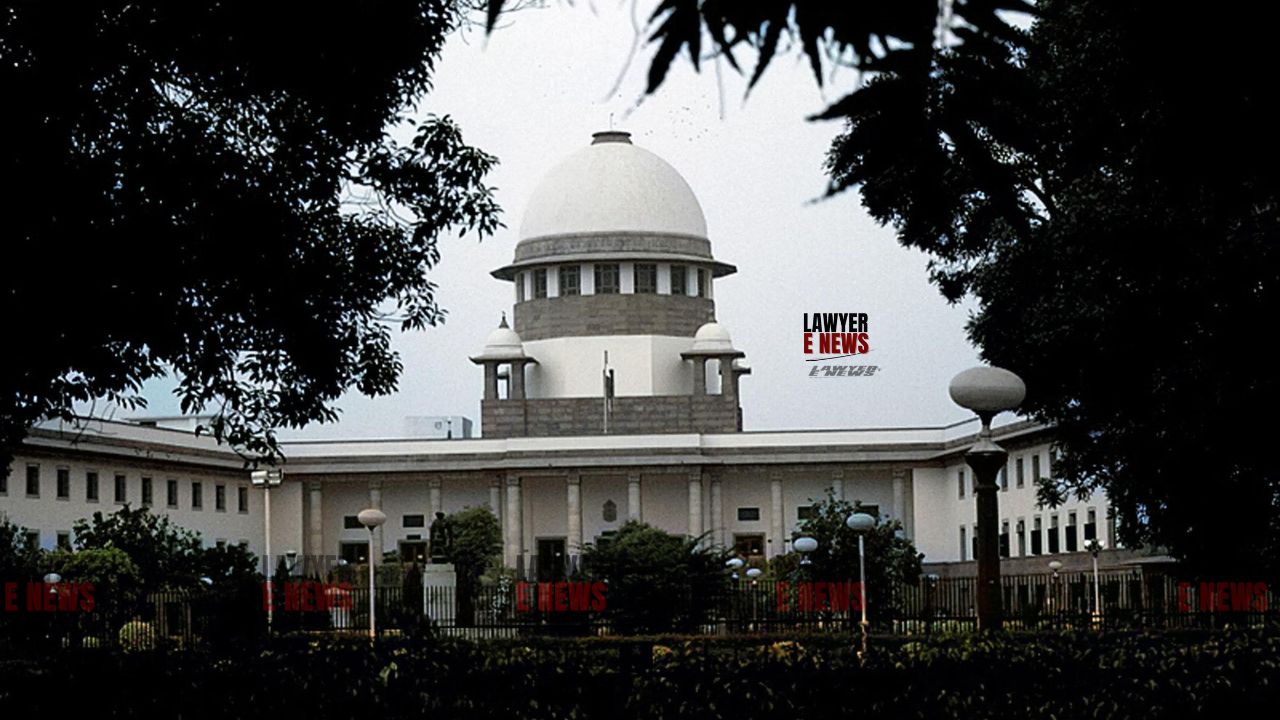-
by Admin
15 February 2026 5:35 AM



The Supreme Court of India has affirmed the non-pensionable status of employees from the erstwhile Uttar Pradesh Roadways, now part of the Uttar Pradesh State Roadways Transport Corporation (UPSRTC). The ruling, delivered by a bench comprising Justices Hrishikesh Roy and Prashant Kumar Mishra, addresses multiple civil appeals challenging the decisions of the Allahabad High Court. The Court emphasized the significance of historical service conditions and government orders that classified these posts as non-pensionable, thereby upholding the existing Provident Fund benefits.
The civil appeals were brought by the UP Roadways Retired Officials and Officers Association, challenging the decisions of the Allahabad High Court. The High Court had dismissed the pension claims of former employees of the Uttar Pradesh Roadways, a temporary department of the state government, which was later absorbed into the UPSRTC. The crux of the appeals rested on whether the employees held pensionable posts before or after their absorption into the Corporation.
The Court traced the history of the UP Roadways and related government orders. Initially, the Roadways was a temporary department, and its employees were appointed on a temporary basis. Government Orders (GOs) issued in 1960 laid out service conditions and specified that only certain permanent posts were pensionable. Most non-gazetted posts were classified as non-pensionable and covered under the Provident Fund Scheme.
GO dated 16.09.1960: Established service conditions for Roadways employees, differentiating them from regular government employees.
GO dated 28.10.1960: Declared that only specific permanent posts were entitled to pension benefits, while others were to receive Provident Fund benefits.
GO dated 05.07.1972: Addressed the status of employees following the creation of the UPSRTC, ensuring that service conditions would not be inferior to those prior to absorption.
The Supreme Court meticulously analyzed the relevant GOs and regulations, concluding that the appellants did not meet the criteria for pensionable status. The Court noted that the appellants had received their Provident Fund benefits without protest upon retirement, which indicated their acceptance of the non-pensionable status.
The Court emphasized the clear distinction made in historical government orders between pensionable and non-pensionable posts. The appellants’ reliance on amendments to Article 350 of the UP Civil Service Regulations and other court judgments was found to be misplaced, as these did not override the specific provisions of the relevant GOs.
Justice Prashant Kumar Mishra remarked, “The service conditions laid out in the Government Orders of 1960 are unequivocal in classifying most Roadways posts as non-pensionable. The appellants, having accepted Provident Fund benefits, cannot now claim pension.”
The Supreme Court’s ruling reaffirms the legal framework governing the service conditions of UP Roadways employees. By dismissing the appeals, the judgment upholds the Provident Fund benefits as the appropriate post-retiral benefit for these employees. This decision underscores the importance of historical service conditions and government orders in determining pension entitlements and is expected to influence similar cases in the future.
Date of Decision: July 26, 2024
UP Roadways Retired Officials and Officers Association vs. State of U.P. & Anr.
